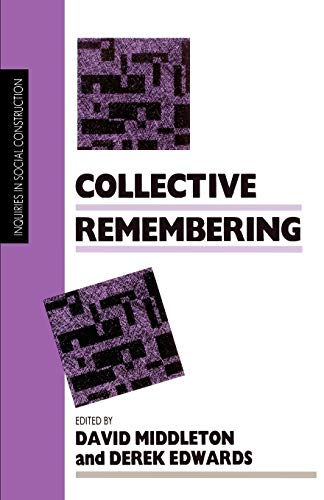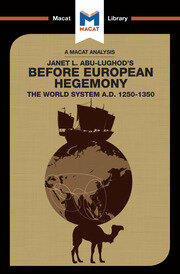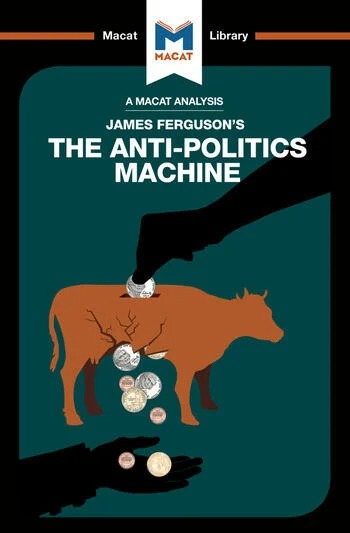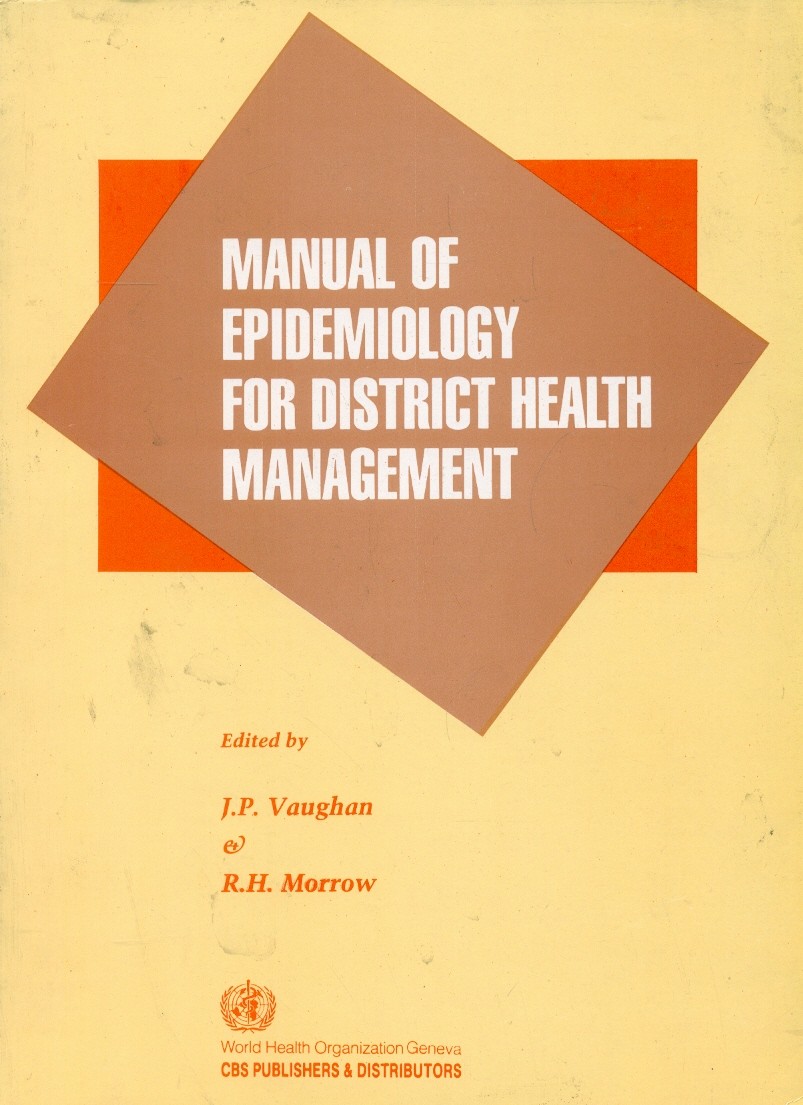Collective Remembering
no information available
Profoundly challenging the traditional view of memory as the product and property of individual minds, Collective Remembering investigates remembering and forgetting as socially constituted activities. The authors argue that individuals account for and understand their memories through the concepts, stories, and stereotypes that have been acquired within the parameters of their sociocultural heritage. Collective Remembering explores the ways communities, families, other groups, cultures, and organizations are created, sustained, and transformed. Also examined are the ways in which what is to be remembered--or forgotten--can become rhetorically and ideologically interpreted to account for the past, present, and future of social life. The social character of memory is a focus of growing interest across a range of disciplines including psychology, sociology, communication, history, and anthropology. Collective Remembering makes an important contribution to this emerging debate. "I found each of the chapters in Collective Remembering to offer new phenomena to study and new ways of examining problems that are just now being articulated. This text should be read by anyone interested in the study of memory, since it will challenge any preconceived notions about the nature and uses of memory and remembering." --Semiotica "The authors have brilliantly described a wide range of phenomena that fall under the heading of collective remembering, but perhaps even more importantly, they have challenged many of the theoretical constructs and boundaries of contemporary social science. It is a major accomplishment and will be looked upon for years as being well ahead of its time." --James V. Wertsch, Clark University "Taken together these essays are the freshest and most promising approach I have seen to begin to map the features we are likely to find in this terrain." --Davis Thelan, Editor, The Journal of American History "Includes many interesting examples of how memories for past events are socially negotiated and in some cases politically manipulated." --The Psychologist "A good study by Michael Billig on 'ideology and the British Royal family.' . . . A splendid study by Barry Schwartz on the making, or re-making, of Abraham Lincoln's reputation. . . . Michael Schudson also contributes as engaging piece on American presidential reputations. . . . A third equally valuable and stimulating contribution is David Bakhurst's account of 'social memory in Soviet thought.' . . . The study of memory, as a social and political phenomenon, is one of the most exciting areas of current work. The collection of essays under review makes a useful addition to this literature." --The Sociological Review ... Read more Read less











